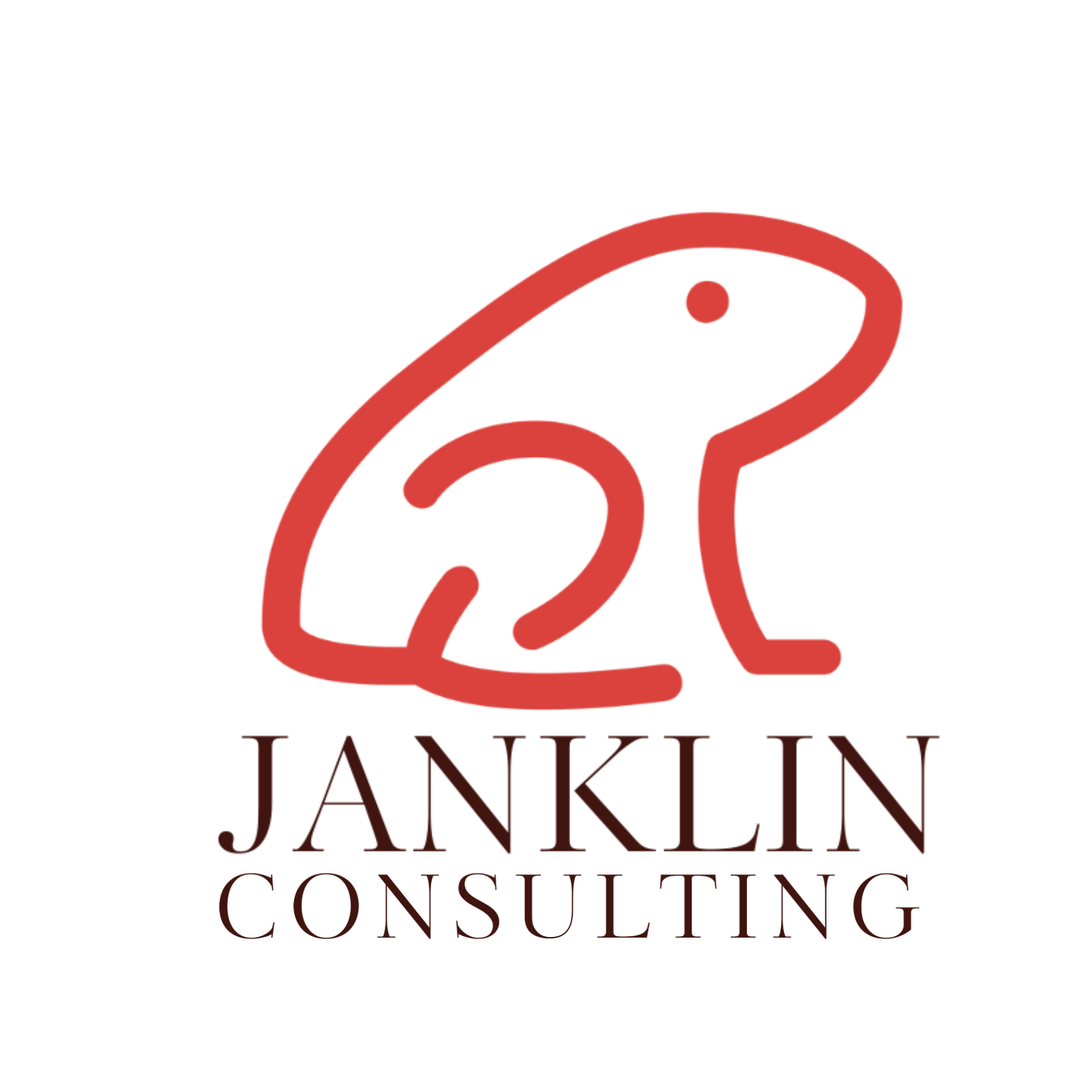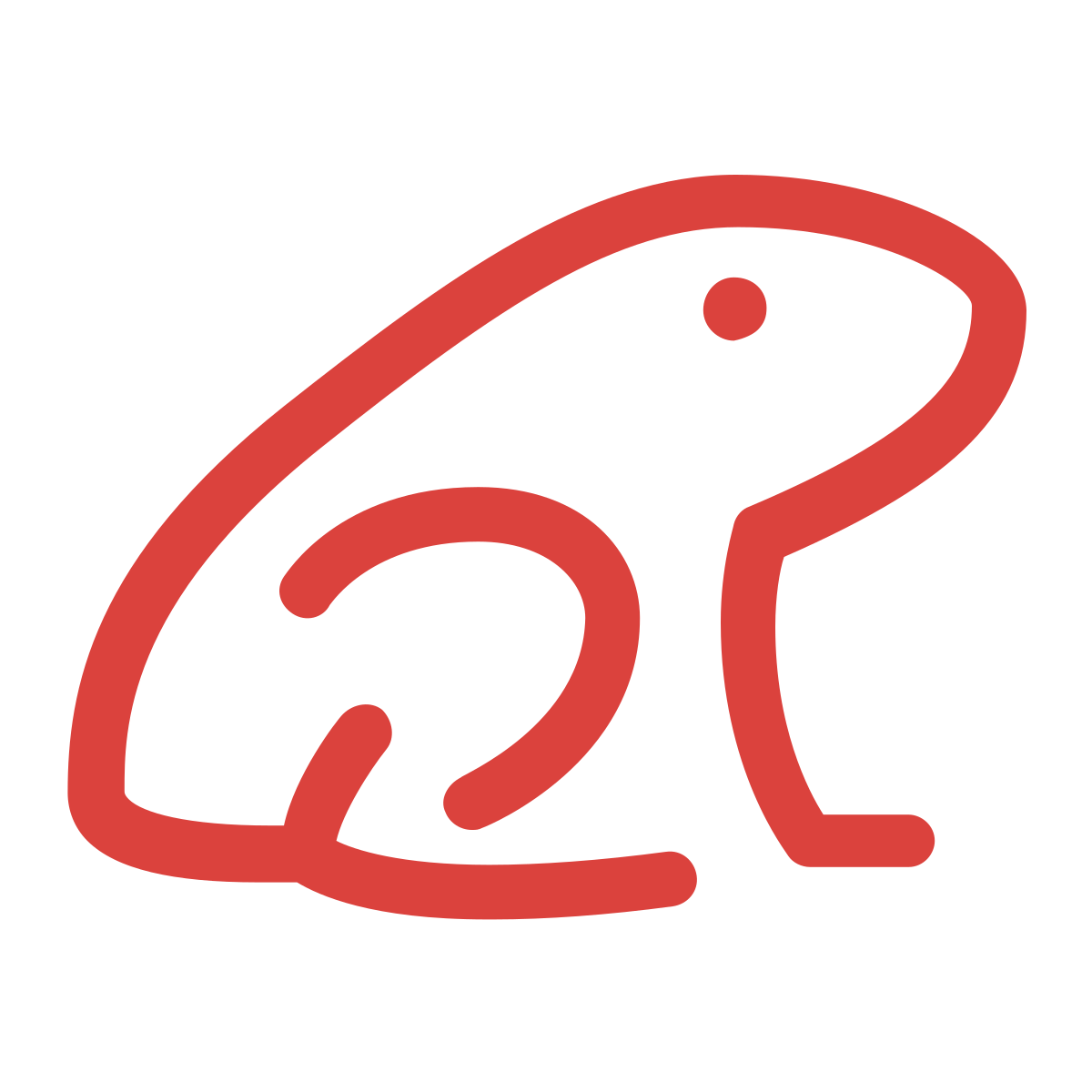Friendship Beyond Our Feeds
I love my friends. People who make me laugh, who are there for me, who send me random memes or surprise me with a quick “Hey, thought of you!” text. But not all friends are the same. There are friends I never see but call every week, friends who live close by and meet me for monthly coffee dates, friends from school, church, my neighbourhood, work—and even some from international travels. Each friendship is unique and not one is the same.
But let’s rewind to those beginnings.
First introductions are rarely graceful. They’re awkward, hesitant, sometimes brimming with the same anxiety as a first date.
Some friendships even began in conflict, with misunderstandings or disagreements. I’ve met friends in coffee shops, on buses, in classrooms, and through mutual connections. No two friendships have ever unfolded in the same way.
Here’s the thing: I didn’t pre-screen my friends. I didn’t choose them like items from a menu. Fate or circumstances brought us together. When I first met them, I didn’t know their political views, whether they preferred cats or dogs, or their favorite kind of music. Most of that came later, through second coffee dates, third class discussions, or casual “How’s it going?” texts. These relationships were built slowly, piece by piece, over shared laughter, sometimes tears and honest conversations.
Contrast that with algorithms—those invisible architects of modern life. Algorithms help us accomplish tasks, from sorting data to navigating with GPS. But they also curate our social media feeds, shape our online interactions, and filter what we see and believe. According to Pew Research, algorithms are powerful tools, but their unchecked influence can warp our ability to discern fact from fiction, deepen societal divisions, and even erode how we connect with one another.
But what if algorithms determined our real-world friendships too? Imagine a line-up of people, curated just for you, based on shared interests, beliefs, and preferences. It sounds efficient, sure, but also unnervingly sterile—and not like the beautifully messy process of getting to know someone.
Would such friendships challenge us to grow? Would they push us to see the world through someone else’s eyes? Or would they become echo chambers, reflecting back only what we already believe?
Consider this: a poll in the UK found the average person has around 500 social media “friends” but only three to five truly close friends. Despite the endless scroll of pre-screened connections, we still value those imperfect, real-life friendships over the polished personas online. We are still hard wired for in-person connection.
The deepest friendships in my life are with people unlike me. They’re older, younger, quieter, louder. They have careers I wouldn’t dream of pursuing. Some have kids; others would never consider it. Some vote like me; others think my choices are absurd. Many come from different cultures, countries, and backgrounds. And because of these differences, my world has expanded in ways I could never have imagined. My character, my posture and my philanthropy are all shaped by those not like me. These friendships have challenged me, shaken me, and opened my eyes to perspectives I might never have understood on my own.
Somewhere along the way, we’ve lost some of that magic. That magic where we strike up conversation with a stranger and build a connection without the pre-approved algorithmic process. Instead, we argue, dismiss those who don’t fit our curated worldview, and retreat into digital bubbles.
Yet, deep in our DNA, we are wired for connection. For generations, we’ve survived and thrived by forming communities, learning from one another, and navigating the messy, imperfect beauty of human relationships. These aren’t skills we’ve lost entirely; they’re just a little rusty. To reconnect, we need to lean into the awkward, the unexpected, and the uncurated—to embrace the conversations that challenge us and the people who surprise us.
Friendship isn’t about control or convenience. It’s about curiosity, empathy, and the willingness to step outside the algorithmic comfort zone. It’s about knowing someone—not because a profile says so, but because you’ve taken the time to listen, to share, and to grow together. That’s where the magic lives. And that’s what we must fight to hold onto.

